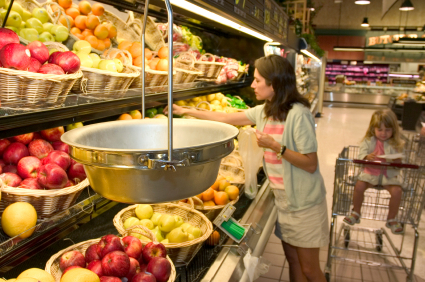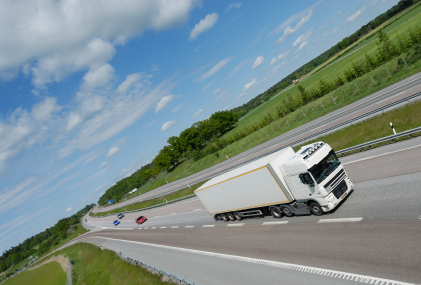The Good Friday agreement
LST logic provides a solution to the need for a "borderless frontier" between Northern Ireland and Eire. |
|
|
A topic analysed under the European Commission Information Technology and Telecommunications Task Force (ITTTF) programme preparation work for advanced IT applications during 1984 through 1987, was the concept of
"borderless frontier systems", or BFS. This was to review the possibility of facilitating customs and other arrangements on borders so as to reduce congestion and even remove the need for border inspections of goods in transit.
Although the Commission team was disbanded in 1987, the coordinator of the team moved to SEEL-Systems Engineering Economics Lab
1 which subsequently developed and implemented traceability systems for agricultural produce, consignment management systems and have advanced locational state theory and its applications across an array of sectors.

BFS need to possess advanced risk analysis systems to ensure food and product safety and consumer protection against fraudulent label content. The success of this depends upon the integration of field inspectorates with transport logistics. Locational State Theory is an essential basis for modeling and designing operational systems based on state-of-the-art technologies.
|
|
|
The foundation of the smooth functioning of a BFS is locational-state theory and in functional terms this system works on the basis of tagging, that is, connecting a remotely monitorable identity to everything that moves over a border. What moves over borders includes goods, manufactured products, animals, commodities and feedstocks, vehicles and people. Many tags already exist in the form of bar codes, people's passports, vehicle registration data and ear tags on live animals. So the basic concept of the role of tagging is easily understood. However, since 1987, the handling of goods over borders within the EU enabling a radical reductions in stoppages and inspections has been improved within the terms of the so-called Acquis regulations related to health and security and quality standards.
 5G technology has an important role in improving the surveillance of analysis of the dynamics of cross border movements, tracking and recording the required qualitative and quantitative chracteristics of transported people, goods, animals, plants and animals.  |
|
|
These systems, like the Common Agricultural Policy (CAP) agricultural information systems have so-called
"risk logic" that is used to assess the risk of non-compliance with the law/standards regulations according to the configuration of the locational state variables associated with any consignment. In this way by linking prior veterinary inspections to ear-tagged animals before they are transported anywhere, is a means of ensuring controls on the spread of specific diseases as a result of transportation of animals over borders. Therefore, a lot of the necessary inspection of transported goods does not take place on borders.
One factor slowing down the velocity of goods flowing over borders is the use of vehicles by people wishing to enter countries undetected or by those trading in illegal goods such as contraband, falsely branded goods, falsely specified animal produce, drugs and armaments.
In spite of tight veterinary controls and slaughterhouse inspections it has emerged, as a result of audits of programmes, that clandestine units classifying horse meat as beef as well as vehicles taking circuitous routes to penetrate borders without inspection. Payments are made in cash or even tangible assets, such as gold or other valuable commodities, so as to avoid oversight by customs and excise, taxation authorities and banks. In such cases what travels "officially" is bags of ear-tags. Corrupt veterinary inspectors can declare a consignment to be unfit for human consumption leading to its "destruction" in exchange for cash. Clearly in such circumstances formal customs manned borders have no impact on such practices and transactions.
In reality these are instances where frontiers and borders are irrelevant, this issue is one of checking the legality of the declared or assumed status of what is being transported on open roads. In such cases the issue is a security and policing surveillance effort to build up datasets that can help identify patterns of movement in time and space (locationl-state) that provide leads for sector inspectorates to stop, search and inspect findings. Certainly the vehicle movement can be traced and recorded by GPS emitters which could be introduced through legislation and any vehicle not transmitting would be stopped wherever detected. The option here is to keep visual sight on the vehicle in this status to find out where they are going and what sort of activities the occupants are involved in.
The logic used to trap illegal activities usually involves locational state analyses but the technological requirements are slightly different.
Currently, with state-of-the-art technologies borderless frontiers are feasible and the advent of 5G makes the comprehensive coverage of legal and illegal activities far more effective.
A
publication will be released soon which covers most application including borderless frontiers.
1 SEEL is now a systems development division of the George Boole Foundation Limited
